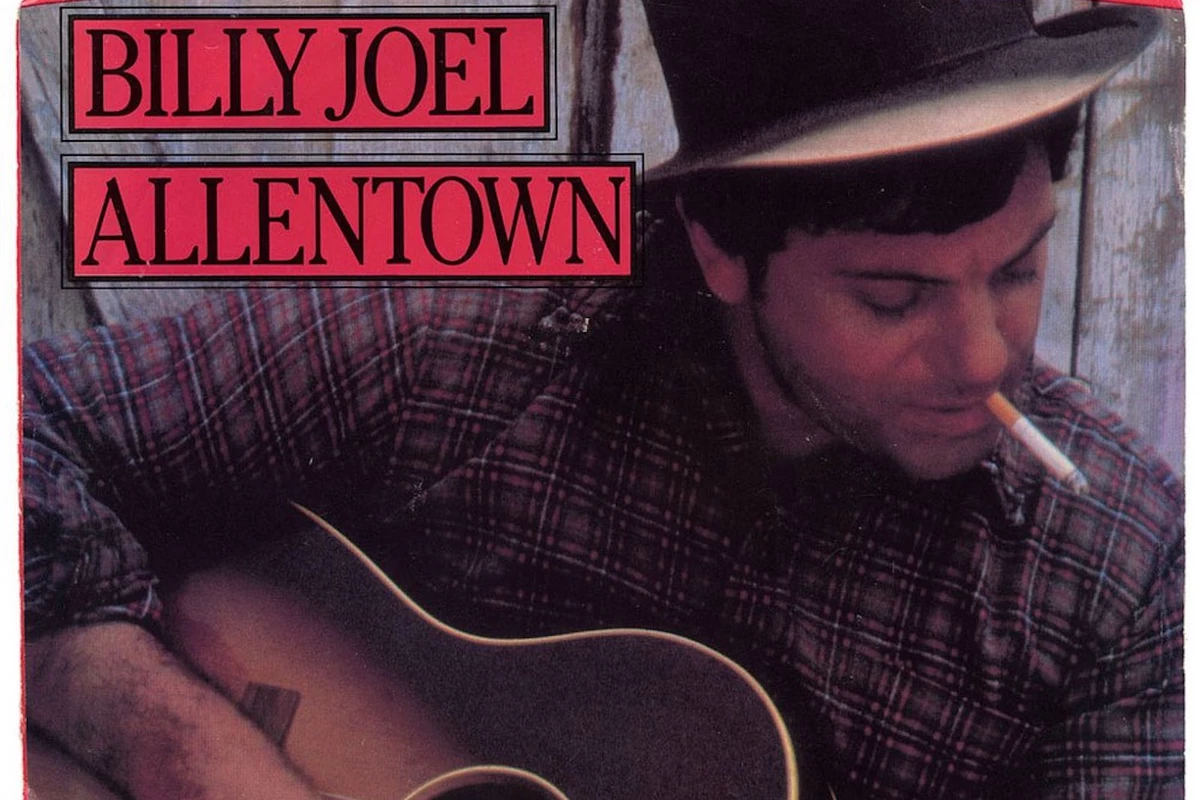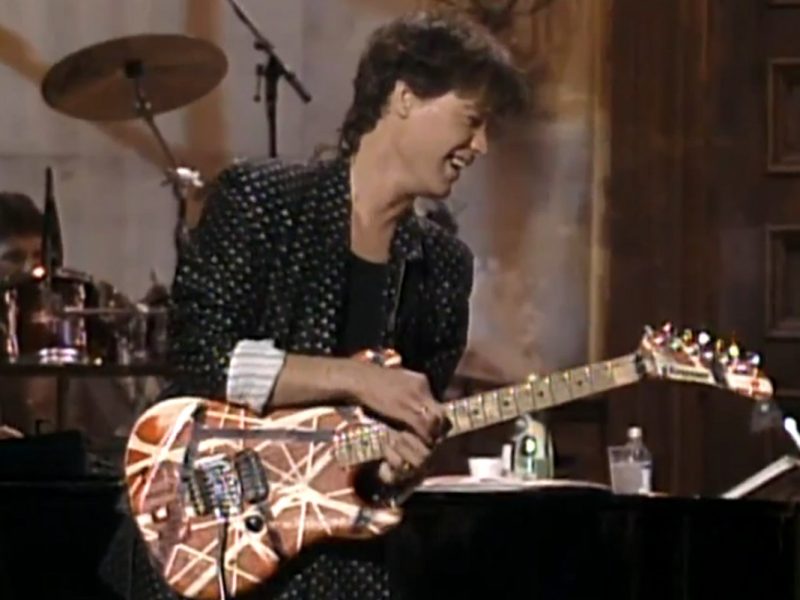Billy Joel threw a curveball with “Allentown,” the second single from The Nylon Curtain.
Offering a state-of-the-nation treatise amid the Ronald Reagan presidency, the song looked at the decline of the industrial northwest through the eastern Pennsylvania town that bears its name. More essentially, “Allentown” – a city on Joel’s touring circuit early in his career – was also emblematic of the erosion of the Baby Boomer edition of the American Dream.
As Joel sings in the bridge: “Every child had a pretty good shot / to get at least as far as their old man got. / But something happened on the way to that place / They threw an American flag in our face.”
Though it takes government and corporate America (implied) and unions (directly) to task, the song that producer Phil Ramone dubbed “a ballsy anthem” is more topical than overtly political. Either way, it put Joel in a territory that hadn’t been part of his repertoire to date.
“I never thought of myself as having to be a socially conscious documentarian,” Joel told UCR recently. “My politics are the politics, but the music is something else.” At the time, however, he told this writer: “How can you not write about it? This is what I see. This is what’s going on in this country. I’m not trying to be Bob Dylan, necessarily, but I’m a songwriter – and you write about what you see going on.”
The impetus for “Allentown,” according to Joel biographer Fred Schruers, came from a child at one of his concerts in Allentown. “Some kid came up to me after the show and said, ‘You’re never coming back here,'” Joel says in Billy Joel: The Definitive Biography. “I asked him why, and he said, ‘Because anybody who gets big never comes back here.’ … He was right; there was no venue big enough to play in Allentown” after Joel became successful. “So I thought, ‘How do I write for that kid who told me I’d never be coming back?'”
Joel had a melody from the late ’70s with the working title “Levittown,” after the hamlet on Long Island. “But what was there to write about Levittown? That the candy store was understocked?” Joel told Schruers. Allentown popped into his head — “that sounds like a real America,” Joel recalled — and he used the plight of America’s steelworkers as a vehicle for a general commentary.
Watch Billy Joel’s ‘Allentown’ Video
“I wanted to look back and talk about how our fathers had fought the war, and how they had met our mothers at the USO, but also about how the next generation, who thought they’d have a job — a little upward mobility – saw those hopes dashed.” In the liner notes of The Complete Albums Collection in 2014, Joel added, “I started perceiving this a long time ago: Hey man, it’s not going to be as easy as it was for the earlier generation.” The song was more particularly about neighboring Bethlehem Steel, which went into a severe decline during the ’70s and ’80s, affecting Allentown enormously. The company declared bankruptcy in 2001 and closed for good two years later. But Joel felt “Allentown” sang better than “Bethlehem,” which also brought up religious connotations that he didn’t want to be projected onto the song.
“I never regarded myself as qualified to sound off on politics in one of those typical forums that are open to celebrities,” Joel told Schruers. “I felt I was presenting a reasonable, accurate portrayal of the life lived by that kid who spoke to me after the concert.”
Some, of course, felt Joel’s voice was not necessary for the discussion. “There was a certain attitude of ‘Who the hell is he to talk about being unemployed? He’s a rich rock star,'” Joel recalled in The Complete Albums Collection. “I thought it was so ironic. I said, ‘Wait a minute, you’re saying this because I’m a musician, [that] I don’t know what it’s like to be unemployed? Are you fucking kidding me? We invented the word. I’ve been more unemployed than most people I know.'”
Joel added that he too had worked in an ink factory, as well as a painter, landscaper and short-order cook before pursuing music full-time.
Those naysayers were in a minority, however. Released in November 1982, “Allentown” hit No. 17 on the Billboard Hot 100, No. 14 on the Cash Box Top 100 and was certified gold. Its video stayed in heavy rotation on MTV during 1982-83, and the song has been a fixture in Joel’s live shows since its release.
It also took him back to the Allentown area for a Dec. 27, 1982 concert in Bethlehem, appropriately enough. Joel opened and closed the show with “Allentown,” and was awarded the key to Allentown by Mayor Joseph Daddona, who called it “a gritty song about a gritty city.”
Final Albums: 41 of Rock’s Most Memorable Farewells
From ‘Abbey Road’ and ‘Icky Thump’ to ‘Goodbye’ and ‘Everything Must Go.’



